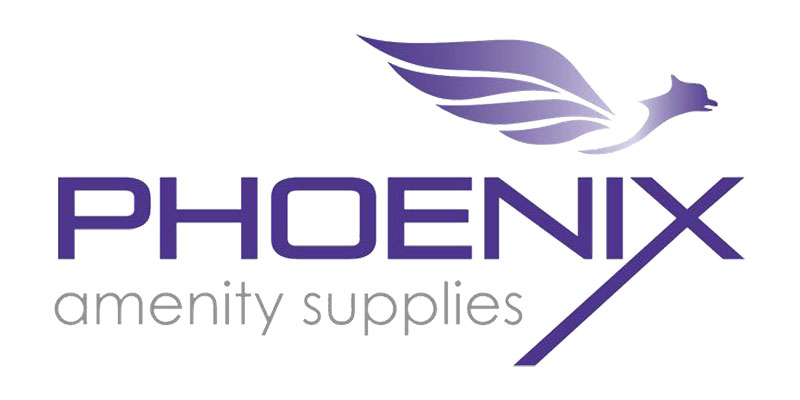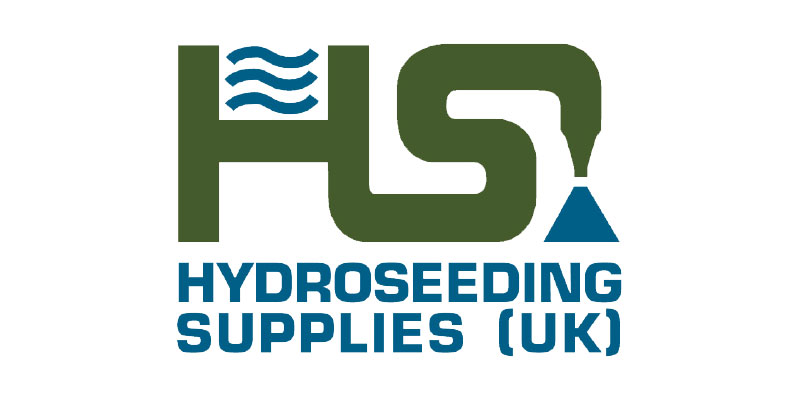Naturally occurring wetlands have a natural, innate ability to remediate contaminants from water.
Over the decades BritishFlora have supplied many millions of reeds, Phragmites communis, for both habitat creation projects such as bird reserves to attract bittern, bearded tit and water rails, to name but a few. Common Reed is commonly planted to help with the cleaning of contaminated water due to it’s phytoremediation properties in constructed wetlands.
A constructed wetland is a man made water treatment facility duplicating the processes Farnboroughoccurring in natural wetlands. Constructed wetlands are complex, integrated systems in which water, plants, animals, microorganisms and the natural elements interact to improve water quality.
If they are correctly designed, built, operated and maintained, constructed wetlands can effectively remove many pollutants associated with stormwater or municipal and industrial Lagoondischarges. Well balanced systems are particularly efficient at removing contamination such as BOD, suspended solids, nitrogen, phosphorus, hydrocarbons and heavy metals.
However, reedbeds for such purposes require some maintenance and correct initial design for them to function and mature over many years.
For over two decades BritishFlora have been involved in many hundreds of the country’sMorlais premier constructed reedbed projects for a wide range of applications as listed below.
BritishFlora’s wealth of experience in this field, particularly in plant selection, innovative design and value engineering construction as well as subsequent aftercare management, puts us at the forefront of this rapidly emerging industry.
- Human sewage (single use to communities of upwards of 700 people)
- Fish farming waste; marine and freshwater
- Mine water discharges
- Landfill leachates
- Abattoir waste
- Farmyard slurries and nutrient rich field runoff
- Vegetable processing waste
- Fire fighting foam
- Road and airport runoff
- SUDS: Sustainable Urban Drainage Systems
- Balancing ponds and attenuation ponds




